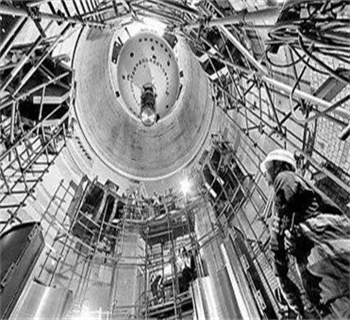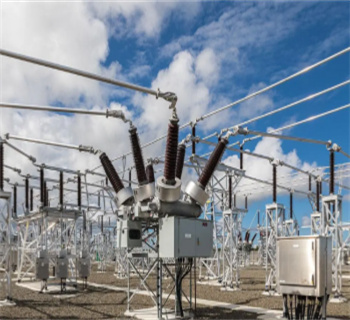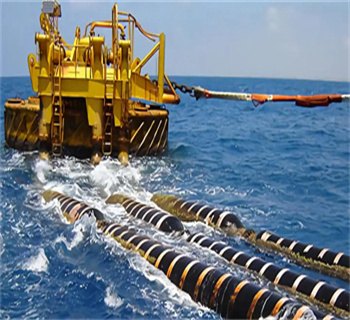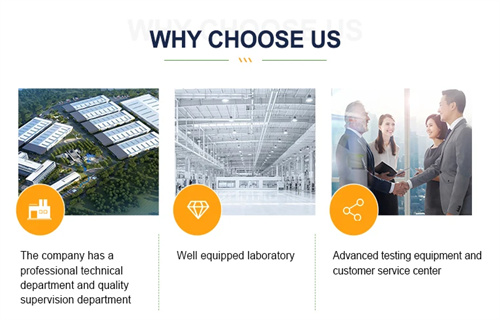Overview of Cladding of Metals
Cladding of metals is a metalworking process where one metal is bonded to another, typically to enhance the properties of the base metal. This technique is widely used in industries to create composite materials with desired combinations of strength, corrosion resistance, thermal conductivity, and other characteristics. Cladding can be achieved through various methods, including welding, brazing, rolling, and explosive bonding.
Characteristics of Cladding of Metals
Enhanced Properties: Cladding combines the strengths of two metals, creating a material with superior mechanical, chemical, and physical properties.
Cost Efficiency: It allows using expensive metals only in the required areas, reducing material costs.
Ease of Fabrication: Various techniques can achieve cladding depending on the materials and desired outcomes.
Versatility: This process can be applied to various metals, creating a diverse array of composite materials.
Durability: Properly executed cladding can create long-lasting, durable materials resistant to corrosion and wear.
Application of Cladding of Metals
Oil and Gas Industry: Cladding creates corrosion-resistant components for pipelines, valves, and other equipment exposed to harsh environments.

Oil and Gas Industry
Aerospace Industry: Lightweight and strong metal claddings are essential for aircraft and spacecraft components.

Aerospace Industry
Nuclear Industry: Cladding creates radiation-resistant materials for nuclear reactors and associated equipment.

Nuclear Industry
Power Generation: It enhances the efficiency and durability of turbines, generators, and boilers.

Power Generation
Marine Applications: Shipbuilders rely on cladding to protect hulls and other components from corrosion caused by saltwater.

Marine Applications

Company Profile
NANOTRUN(www.rboschco.com) is a trusted global chemical material supplier & manufacturer with over 12-year-experience in providing super high-quality chemicals and nanomaterials, including boride powder, nitride powder, graphite powder, sulfide powder, 3D printing powder, etc.
The company has a professional technical department and Quality Supervision Department, a well-equipped laboratory, and equipped with advanced testing equipment and after-sales customer service center.
If you are looking for high-quality Cladding of metals, please feel free to contact us or click on the needed products to send an inquiry.
Payment Term
L/C, T/T, Western Union, Paypal, Credit Card etc.

Shipment Term
By sea, by air, by express, as customers request.
FAQ
Q1:
What are the common methods used for metal cladding?
Re: Common methods for metal cladding include welding, brazing, rolling, and explosive bonding. Welding and brazing involve using heat to fuse the metals, while rolling involves pressing the metals together under high pressure. Explosive bonding uses the force generated by an explosion to bond the metals.
Q2:
What are the benefits of metal cladding?
Re: Metal cladding offers numerous benefits, including improved corrosion resistance, increased strength, and better thermal conductivity. It also allows for using expensive materials only in critical areas, thus optimizing costs.
Q3:
Are there any limitations to metal cladding?
Re: While metal cladding offers numerous advantages, it has some limitations. For instance, the process can be complex and require specialized equipment and skilled operators. In addition, the bonding interface between both steels can be at risk of failure if not appropriately performed.
Q4:
How is the quality of metal cladding assured?
Re: The quality of metal cladding is assured through rigorous inspection and testing procedures; this includes visual inspections, non-destructive testing methods like X-ray or ultrasound scanning, and mechanical testing to evaluate the bond strength and other properties.
Q5:
Are there any environmental considerations in metal cladding?
Re: Metal cladding can have some environmental impacts, particularly if toxic or non-recyclable materials are used. Therefore, it is important to consider sustainable materials and processes during cladding to minimize environmental footprints. Additionally, proper waste disposal and recycling practices should be followed.











